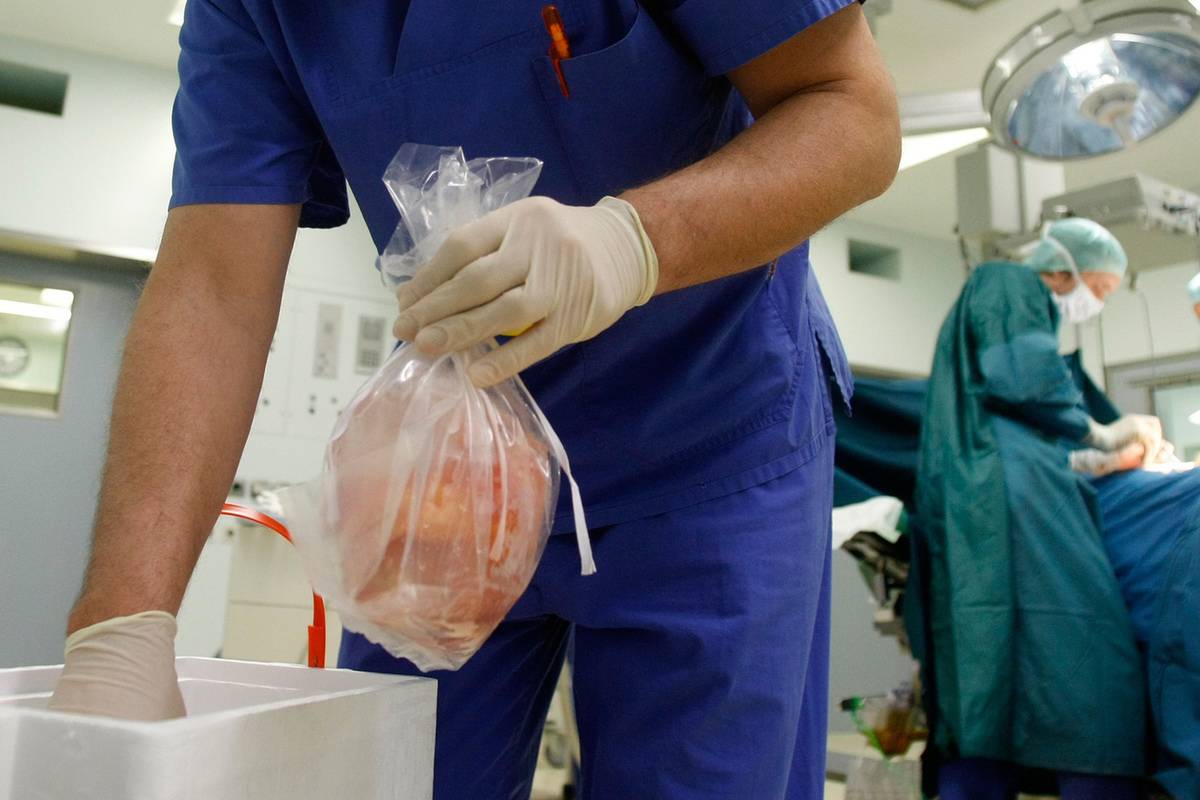
Organ transplantation is a life-saving medical procedure that involves replacing a failing organ with a healthy organ from a donor. It offers hope and a second chance at life to individuals suffering from end-stage organ failure. Organ transplants have revolutionized modern medicine, enabling patients to regain their health, independence, and quality of life. In this article, we will explore the key aspects of organ transplantation, including the process, types of transplants, benefits, challenges, and the importance of organ donation.
Evaluation and Listing: The first step in the organ transplantation process is the evaluation of the patient's medical condition and overall health. A multidisciplinary team assesses the patient's eligibility and determines if a transplant is the best treatment option. If approved, the patient is placed on the national transplant waiting list.
Donor Matching: The search for a suitable organ begins once a patient is listed. Organs are matched based on factors such as blood type, tissue compatibility, organ size, and medical urgency. The national organ transplant waiting list ensures fair allocation of organs based on predetermined criteria.
Transplant Surgery: When a suitable organ becomes available, the transplant surgery takes place. The recipient is prepared for the surgery, and the failing organ is removed. The healthy organ from the donor is then transplanted into the recipient, and the blood vessels and other necessary connections are established. The surgical team ensures the proper functioning of the transplanted organ before concluding the procedure.

Kidney Transplantation: Kidney transplants are the most common type of organ transplant. They are performed to replace failing kidneys caused by conditions such as chronic kidney disease, diabetes, or high blood pressure. Kidneys can come from living or deceased donors.
Liver Transplantation: Liver transplants are performed when a person's liver is no longer functioning adequately. They are used to treat liver diseases such as cirrhosis, hepatitis, or liver cancer. Liver transplants can also come from living or deceased donors.
Heart Transplantation: Heart transplants are performed for individuals with end-stage heart failure or severe heart conditions that cannot be managed with other treatments. Donor hearts come from deceased individuals who have consented to organ donation.
Lung Transplantation: Lung transplants are performed for individuals with severe lung diseases such as chronic obstructive pulmonary disease (COPD), cystic fibrosis, or pulmonary hypertension. Like heart transplants, lung donors are typically deceased individuals who have agreed to donate their organs.
Pancreas Transplantation: Pancreas transplants are performed for individuals with type 1 diabetes or severe pancreatic disease. Pancreases can come from deceased donors or, in some cases, from living donors in combination with a kidney transplant.
Extended Life and Improved Quality of Life: Organ transplantation offers the possibility of a longer and healthier life for individuals with organ failure. Transplants can restore organ function and allow recipients to resume normal activities and enjoy a better quality of life.
Alleviation of Symptoms: Organ failure often leads to debilitating symptoms and a reduced ability to perform daily tasks. Transplants can alleviate these symptoms, reducing pain, fatigue, and limitations, and improving overall well-being.
Psychological and Emotional Benefits: Organ transplantation not only impacts physical health but also has profound psychological and emotional benefits. Recipients experience increased hope, gratitude, and a renewed sense of purpose.

Organ Shortage: The demand for organs far exceeds the supply, leading to long waiting times for many patients. The shortage of organs emphasizes the importance of increasing organ donation rates and raising awareness about the need for donors.
Organ Rejection: Despite advances in immunosuppressive medications, organ rejection remains a significant challenge. Recipients must take lifelong immunosuppressive drugs to prevent their immune system from attacking the transplanted organ.
Surgical Risks and Complications: Organ transplant surgery is a complex procedure that carries risks such as bleeding, infection, and complications associated with anesthesia. Close monitoring and post-operative care are essential to ensure successful outcomes.
Organ donation is crucial to the success of organ transplantation. By becoming an organ donor, individuals can save and enhance the lives of others. It is important to express one's wishes regarding organ donation and discuss them with family members to ensure that these wishes are respected and honored.
Organ transplantation has transformed the field of medicine, offering hope and renewed life to countless individuals suffering from organ failure. Through the transplantation process, patients regain their health, independence, and ability to enjoy life to the fullest. While challenges such as organ shortage and the risk of rejection persist, the significance of organ donation cannot be overstated. By promoting organ donation and advancing transplant research, we can continue to save lives and make a positive impact on the lives of those in need.